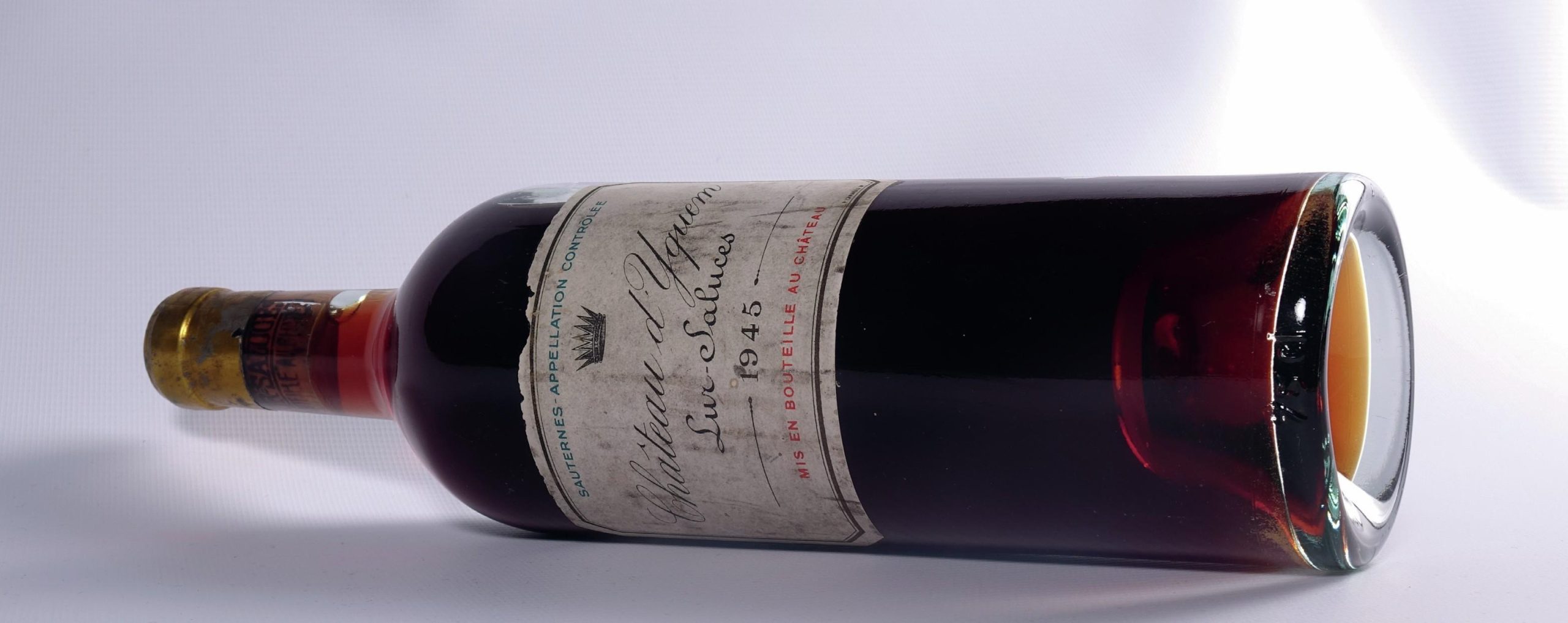Drunken worms used to battle alcoholism
Worms are being used by scientists to try and pinpoint a gene that could make people more susceptible to alcoholism.
The research, carried out by the Virginia Commonwealth University in Richmond and published in the Proceedings of the National Academy of Sciences, uncovered a genetic variation that appeared to influence alcohol tolerance in worms, as reported by Inside Science.
As part of the study, ethanol was given to roundworms with scientists measuring their “locomotion” through a microscope as they became intoxicated. A worm’s “locomotive capacity” varied depending on the activation or inhibition of the genetic coding for a protein complex called SWI/SNF, with some worms found to be more tolerant to ethanol than others.
“A low level of tolerance to alcohol has a protective element to it because you can’t drink so much,” said co-author Brien Riley, an associate professor of psychiatry and human and molecular genetics.
“The risk of dependence goes up with exposure,” he said.
Partner Content
“It’s like a buffer to alcohol — part of dependence is that you develop a pharmacological tolerance to high doses,” added David Lewis, a professor of alcohol and addiction studies at Brown University in Providence, Rhode Island.
Scientists generally agree that genetic mutations are likely to contribute to some cases of alcoholism, however the gene responsible, or combination of genes, has not yet been identified.
This study gives clues as to the genetic factors that put humans at risk of alcoholism, that could one day allow doctors to screen patients to test whether that are at risk of developing an addiction to alcohol based on their genetic make up.




